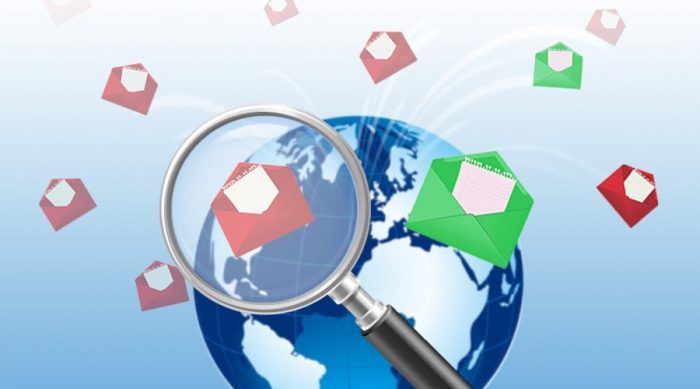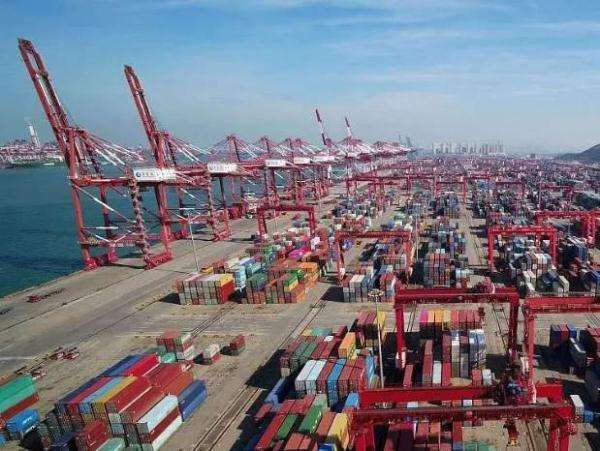
Growing a brand is not an easy task these days, and market giants have met consumer expectations, including fast delivery, easy returns and quick after-sales response. In order to further improve the consumer experience, brand owners generally cooperate with e-commerce acceleration companies or be acquired by e-commerce aggregation companies. E-commerce accelerators and e-commerce aggregations are relatively new concepts. They both help brands achieve rapid growth and do not compete with each other. With the rapid development of e-commerce, the e-commerce aggregator model can be described as a year of explosion in 2020. But before the pandemic, e-commerce accelerators were quite common, and the two defined business models apart. The main differences between e-commerce accelerator companies and e-commerce aggregator companies are: Aggregators make money by acquiring niche brands and expanding their size and sales. E-commerce accelerator companies establish in-depth cooperative relationships with brand owners to achieve growth goals, generally purchasing goods at wholesale prices, and then distributing the goods for profit. Below is a teardown of the two modes, further exploring the key differences between the two modes.







Please sign in to comment
register